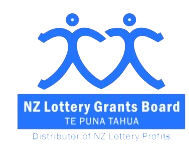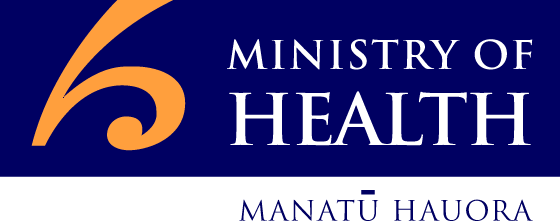Draft Disclosures
Continence NZ national executive resolved at a face-to-face meeting 24 June 2007 to establish a disclosure policy with respect to presentations at Continence NZ meetings and for the National executive members. We wish this policy to be concordant with that published on the International Continence Society website (address: date accessed).
In particular, the National Executive wishes to put on a formal basis a declaration of the relationship between companies manufacturing or marketing products or services in relation to continence, industry, and the members of the National Executive and presenters at meetings sponsored by Continence .
The National Executive recognises that in a small country such as New Zealand that a close relationship between health professionals dealing with continence and industry is inevitable and often beneficial to both groups. As a particular example, Continence NZ and its meetings benefit from financial support of industry.
The National Executive also recognises that such a relationship can give the appearance of bias with respect to professional advice to consumers, or of information imparted at a scientific meeting or another forum, such as the Continence NZ website.
We feel that a disclosure policy allows those using information, audiences at meetings, for example, the opportunity to judge for themselves if account should be made of possible bias. Industry also will know that an explicit account of their relationships will be made.
We feel that as a general principle any relationship with industry that could give the appearance of bias should be declared by presenters at meetings at the outset of their presentations and by members of the National Executive at their election to the Executive or subsequently should a new relationship develop during their tenure.
The list of relationships, taken from the ICS discussion document, could include: Equity interests (or entitlement to same) of stocks, stock options, royalties, etc, including income from patents or copyrights; service as a director or employment by a commercial organisation, whether or not remuneration is paid for such service; sole ownership, partnership, or principal of a commercial enterprise; ownership of patent(s); receipt of royalties; consultant to company including positions on medical or scientific advisory boards; honoraria for speaking at company-sponsored meetings or events; participation in clinical trials; support in the form of fellowships, travel grants, gifts, in-kind donations, etc.; research grants, partial or full salary support from a commercial organisation for self or employees for whom you are managerially responsible (i.e. laboratory technical/research fellow for whom you are managerially responsible); and any other type of financial or other relationship.
Mark Weatherall
28 Jun. 07




